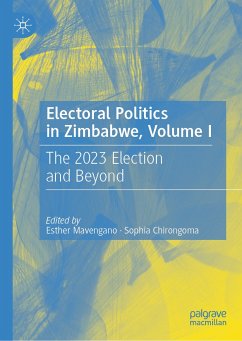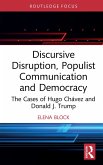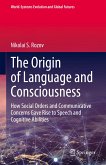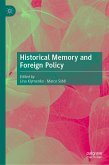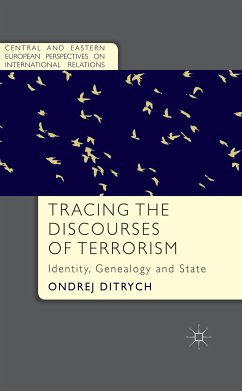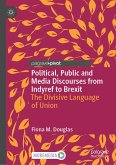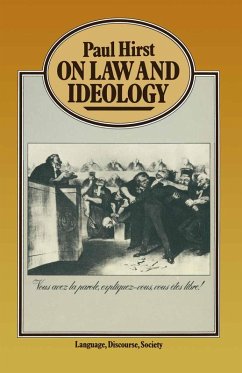- Pedzisai Ruhanya, University of Zimbabwe, Zimbabwe
"This volume, which focuses on management of elections, adjudication of electoral disputes, political language of hate, and lack of electoral reforms, is an eye-opener on the problematic and uneven electoral terrain in Zimbabwe. I have nothing but praise for the editors and contributors for this gift of scholarship on a subject of national and even international concern."
-Sabelo J. Ndlovu-Gatsheni, Professor/Chair of Epistemologies of the Global South and Vice-Dean for Research of the Africa Multiple Cluster of Excellence, University of Bayreuth, Germany.
Volume one of Electoral Politics in Zimbabwe pays specialattention to the overarching view that the 2023 harmonized elections define the fate of the major presidential contenders and their parties as well as (re)shaping the political and economic trajectories of the nation. Cognizant of the complex nature of the Zimbabwean political realm and nuanced dynamics at play, the chapters in this volume cover three interrelated themes: the electoral environment in Zimbabwean politics; language, politics, and elections in Zimbabwe; and lastly, electoral institutions and human rights in Zimbabwean politics. The chapters foreground the ongoing tensions and politicking between the two main rivals, the ruling party, ZANU PF and the main opposition party, the Citizens Coalition for Change (CCC). The contributors also highlight the impact of internal tensions and factionalism within the contending parties, the apparent voter apathy, disconcerting voices due to claims about lack of transparency and a toxic political space as factors impacting on the outcome of the 2023 presidential elections. The volume will appeal to academics and practitioners in politics, human rights, religion, gender, media, languages, linguistics, and development studies.
Esther Mavengano is Lecturer in Linguistics and Literature in the Department of English and Media Studies, Faculty of Arts at Great Zimbabwe University in Masvingo, Zimbabwe. She is also a Research Fellow at the Research Institute for Theology and Religion, UNISA, South Africa, and Alexander von Humboldt Postdoctoral Research Fellow at the Institute of English and American Studies, Technischen Universität Dresden, Germany.
Sophia Chirongoma is Senior Lecturer in the Religious Studies Department at Midlands State University, Zimbabwe. She is also Academic Associate/Research Fellow at the Research Institute for Theology and Religion (RITR) in the college of Human Sciences, University of South Africa (UNISA). Her research interests and publications focus on the interface between culture, ecology, religion, health, politics, and gender justice.
Dieser Download kann aus rechtlichen Gründen nur mit Rechnungsadresse in A, B, BG, CY, CZ, D, DK, EW, E, FIN, F, GR, HR, H, IRL, I, LT, L, LR, M, NL, PL, P, R, S, SLO, SK ausgeliefert werden.

